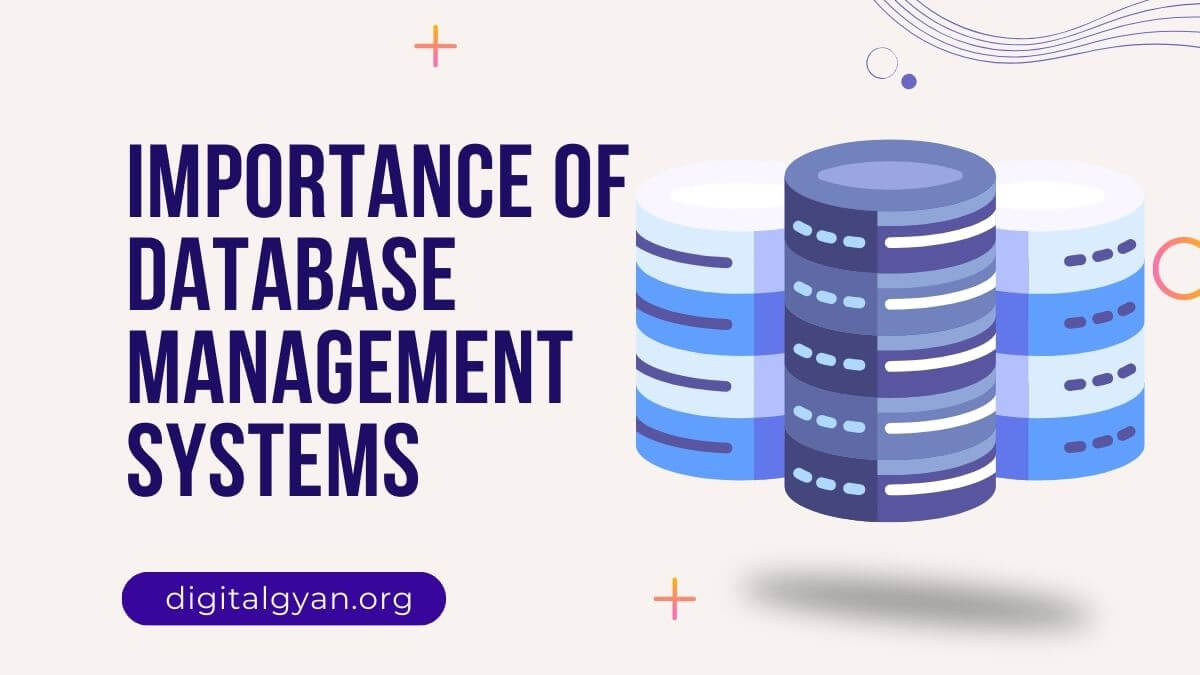What is Carbon Programming Language?
Carbon, or Carbon-Lang, is a general-purpose, experimental programming language. Google initiated this open-source initiative, following in the footsteps of its prior programming languages (Go and Dart).
In July 2022, Google developer Chandler Carruth debuted Carbon at the CppNorth conference in Toronto. He said that Carbon was designed to succeed in C++. Developers were first exposed to the new programming language called Carbon by a Googler named Chandler Carruth. Google’s technical head for programming languages, Chandler Carruth, informed us they will begin this exploratory work with the C++ community.
We are aware of Google’s fixation on releasing new programming languages and developing new frameworks. Dart was an object-oriented, web-based programming language that Google introduced as one of their programming languages.
The Dart programming language had little support from developers, so it was never considered a popular programming language. Due to their solid backgrounds, C++ and JavaScript are preferred by many programmers over Dart.
One programming language, GO, became quite popular among developers—statically typed and explicit, GO or GoLang. Similar to the C computer language, it was a general-purpose programming language. A new programming language called Carbon is now about to be released by Google.
A recent event called CPP North Event 2022 brought together several people to talk about potential C++ advances in the future. As a result, Chandler Carruth, a Googler, unveiled Carbon, a new programming language, to developers at this event. A possible replacement for the C++ programming language, the carbon programming language was introduced as an experimental language.
Is Carbon going to replace C++?
Although basic languages exist, new, unsuccessful replacement efforts will inevitably arise. Whether it is linked to the machine or network side, C or C++ have unique strengths. But in the future, new languages won’t take their place.
Carbon is another language developed by Google. They claim that it is the last alternative for projects that must retain C++; therefore, its sole purpose is to not be as terrible as C++. If you can stomach dealing with cross-language borders, they propose that the common people currently revered: most likely Rust.
It is possible that Carbon could replace C++ in the future, but it is not guaranteed. Carbon is a new language, and it is still under development. It has many advantages over C++, such as memory safety, generics, and a simpler syntax. However, it is also missing some features that are important to many C++ developers, such as templates and operator overloading.
Goals of Carbon Programming Language
Performance-critical software: Carbon is designed to be a high-performance language that can be used to build demanding applications, such as operating systems, games, and high-frequency trading systems.
Software and language evolution: Carbon is designed to be a language that can evolve over time to meet the needs of developers. The language is designed to be extensible and modular, which will make it easier to add new features and improve existing ones.
Code that is easy to read, understand, and write: Carbon is designed to have a simple and intuitive syntax. The language aims to minimize the cognitive burden on developers, making it easier to write and maintain complex code.
Practical safety and testing mechanisms: Carbon is designed to be a safe language that helps developers to avoid common errors. The language includes features such as memory safety, generics, and type inference to help developers write more reliable code. Carbon also supports a variety of testing mechanisms to help developers find and fix bugs.
Fast and scalable development: Carbon is designed to be a fast and scalable language that can be used to develop large and complex applications. The language includes features such as asynchronous programming and efficient memory management to help developers write code that runs quickly and efficiently.
Features of Carbon Programming Language
Simplicity
Carbon is designed to be a simple programming language with a minimalistic syntax that’s easy to learn and use. This makes it an ideal choice for beginners and seasoned developers alike who want to write clean, readable code without getting bogged down by unnecessary complexity.
Type inference
Carbon uses type inference to determine the data types of variables and expressions, reducing the typing required and making the code more concise. This feature also helps catch errors at compile time, improving the reliability of the code.
Concurrency
Carbon provides built-in support for concurrency, making it easy to write multithreaded code that can take advantage of multiple CPU cores. This feature is particularly useful for applications requiring heavy computation or handling large amounts of data.
Compatibility
Carbon is designed to be compatible with existing C code and libraries, making integrating with other systems and reusing existing code easy. This makes it an ideal choice for building cross-platform applications that need to run on various operating systems.
Safety
Carbon provides several safety features to help prevent common programming errors, such as buffer overflows and null pointer dereferences. This helps improve the reliability and security of the code, reducing the risk of crashes and vulnerabilities.
Conclusion
Finally, someone who has worked with C++ for a long period can appreciate its advantages and comprehend how its replacement might address its flaws. The event also referred to its C++ and Golang underpinnings. It is only in the experimental stage, but it will soon enter the beta stage and be released.
Carbon is a statically typed programming language designed for building high-performance software applications. It emphasizes simplicity, efficiency, and modern features while prioritizing safety and readability. With its focus on performance and low-level system interaction, Carbon is suitable for use in developing operating systems, drivers, game engines, and other performance-critical applications.
On its official GitHub page, carbon is an open-source project where you may learn more and participate.

